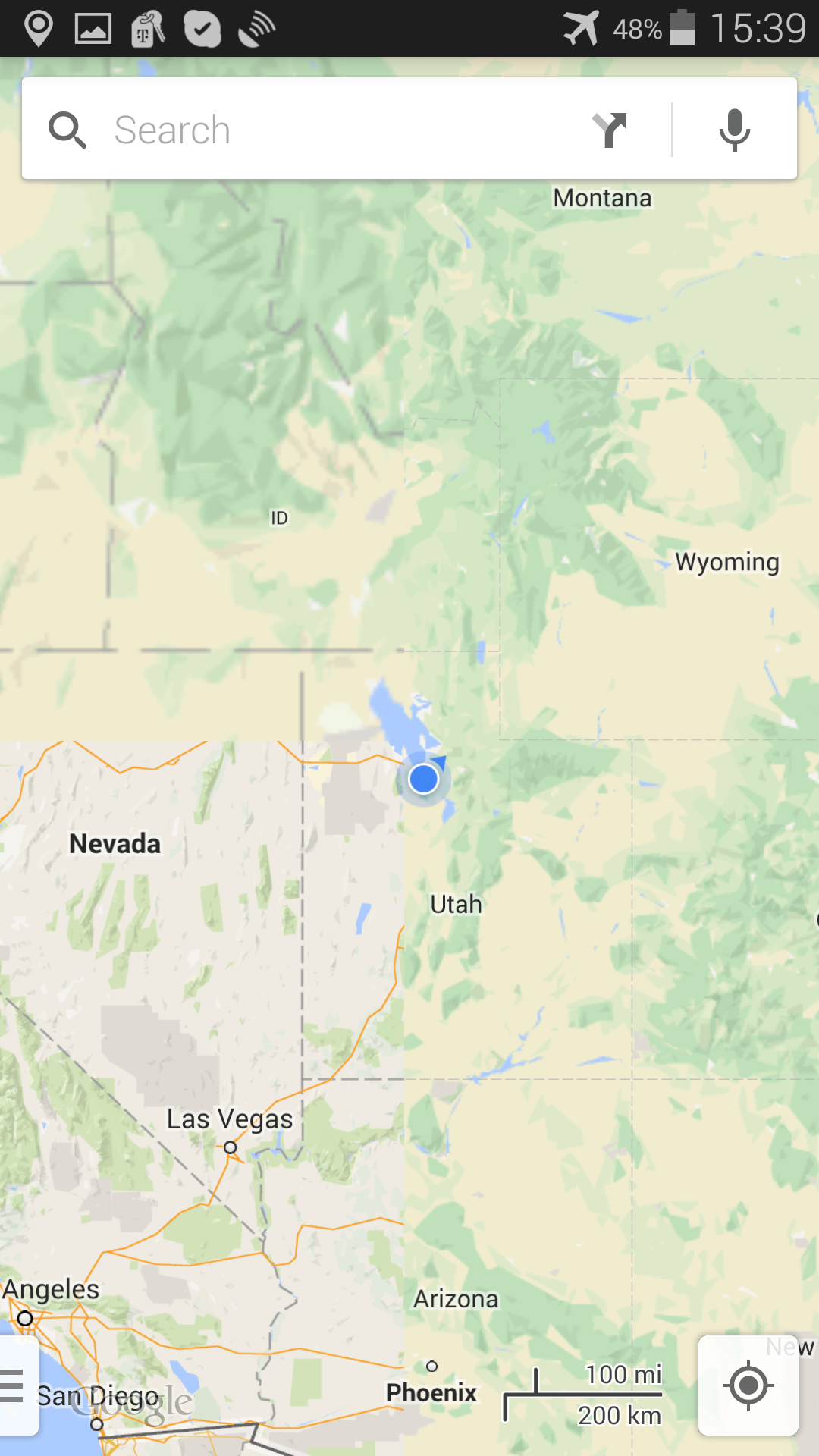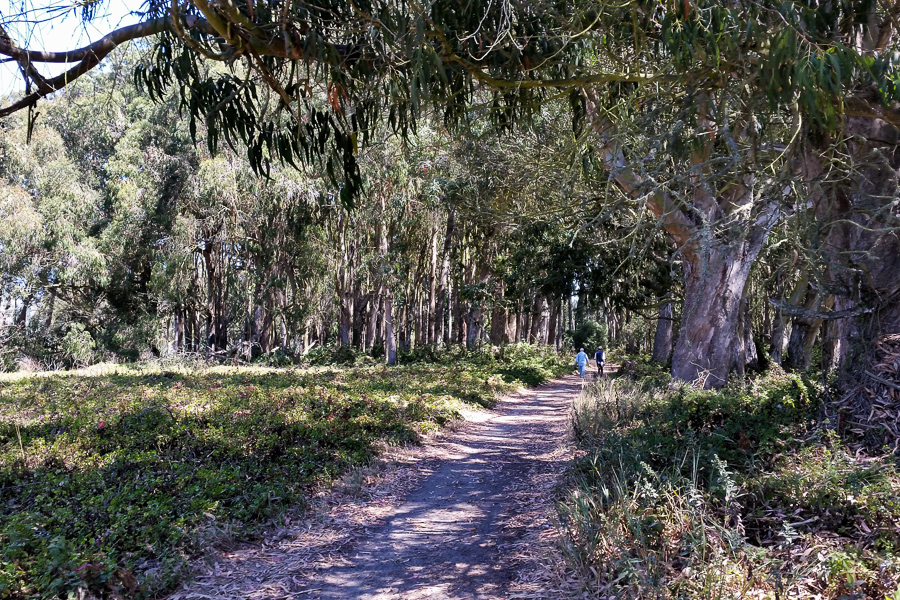Meteorological autumn began last Monday, but as usual in early September we slouched through some sticky heat most of the week. Then Friday the weather broke, and this past weekend's weather was spectacular.
Partially because the lake was so cool from last winter, this summer we had only three 32°C days—fewer than in any year in history except 1979.
It gets better (i.e., cooler). The forecast calls for slightly-above-normal but comfortable days today and tomorrow, followed by a cooling trend taking temperatures down nearly 9°C by Friday. Because this is Chicago, where we go from shorts to jackets in less than a week.
Unfortunately, I'm going to spend tomorrow in Phoenix and Wednesday in Louisville, where it will be ghastly warm. Oh well.
I haven't posted a lot this weekend because the weather has been too nice. Yesterday and today Chicago has had temperatures around 23°C, sunny skies, and gentle breezes. It's hard to stay inside, even with the windows open.
And in the evening, our annual cicadas are finally out. Talk about getting a nice buzz on a late-summer evening...
Yesterday Parker got more than two hours of walks; today he'll get at least an hour, though I'm likely to get a lot more as well. (My phone's pedometer says I got 13.3 km yesterday and only 3.9 km so far today.)
Posting might be slow this week because of an odd travel schedule, too. More on that later.
The Air Force Times reported Thursday that an unnamed U.S. Air Force airman was denied re-enlistment because he refused to swear an oath "so help me God:"
Air Force Instruction 36-2606 spells out the active-duty oath of enlistment, which all airmen must take when they enlist or reenlist and ends with “so help me God.” The old version of that AFI included an exception: “Note: Airmen may omit the words ‘so help me God,’ if desired for personal reasons.”
That language was dropped in an Oct. 30, 2013, update to the AFI. The relevant section of that AFI now only lists the active-duty oath of enlistment, without giving airmen any option to choose not to swear an oath to a deity.
[American Humanist Association lawyer Monica] Miller pointed out that Article VI of the Constitution prohibits requiring religious tests to hold an office or public trust.
A few years ago I started hearing about the increasing religiosity of Air Force personnel at the USAF Academy in Colorado Springs. This made me nervous as I'm not sure I want people who can launch nuclear missiles to have a fundamentalist belief in an afterlife. It appears my discomfort was warranted.
Birthday dinner last night at Tru followed by burlesque. I have wonderful friends.
CityLab's Kriston Capps wants to stop Florentijn Hofman:
The Dutch artist has just debuted, and I cannot believe I am about to write this word, HippopoThames, a wooden hippo river sculpture headlining a festival on the Thames. At least, that's what it's doing this week. In the months to come, you might find it on the Yangtze or the Ganges or the Rhône.
Rubber Duck, on the other hand—that's the floatation for which Hofman is best known—is a decidedly Western fixture. Los Angeles sculptor Peter Ganine patented the design for the original toy duck in 1947 and went on to sell millions of them. A generation later, Jim Henson breathed life into the rubber duckie with the greatest song about bath time ever recorded: "Rubber Duckie" only lost the 1971 Grammy Award for best children's recording because the statue went to the full Sesame Street album featuring the song.
Cities that cash in with Rubber Duck are outsourcing their public art, meaning they aren't doing their artists or themselves any favors in the long run. In the same sense that building another Ferris wheel is a sure bet—if one that emblandens a city—tugging the same old Holman into the bay is a lost opportunity for a place to reach for greatness. Creativity is and ought to be a source of pride for cities as diverse as London, Beijing, and Los Angeles—and an engine for their economies. When I see images of it floating in a new harbor, I can almost hear Rubber Duck whispering, in a raspy duck voice: The place you love is no more.
The worst part of this story is, now I've got the Bert & Ernie song in my head...
The New Republic's Franlin Foer lays out the case:
These are boom times for provincial autocrats. In many chunks of the country, state and local politics were once a competitive affair; there was an opposing political party ready to pounce on its foe’s malfeasance. That sort of robust rivalry, however, hardly exists in an era in which blue and red states have become darker shades of themselves. Thirty-seven states now have unified governments, the most since the early ’50s. And in many of these places, there’s not even a remote chance that the ruling party will be deposed in the foreseeable future. The rise of one-party government has been accompanied by the evisceration of the local press and the near-extinction of metro-desk muckrakers (14,000 newsroom jobs have vanished in the last six years), crippling the other force most likely to call attention to official misdeeds.
The end of local media hasn’t just removed a watchdog; it has helped to complete a cultural reversal. Once upon a time, Jefferson and Tocqueville could wax lyrical about local government, which they viewed as perfectly in sync with the interests of its yeoman citizenry. Whether this arcadia ever truly existed is debatable. But it certainly hasn’t persisted into the age of mass media. Nowadays, most Americans care much more passionately about national politics than they do about the governments closer to their homes. They may harbor somewhat warmer feelings toward states and localities, but those sentiments are grounded in apathy. Most Americans can name their president. But according to a survey conducted by Georgetown University’s Dan Hopkins, only 35 percent can identify their mayor. The nostrum that local government is actually closer to the people is now just a hollow piece of antique rhetoric.
With so many instances of unobstructed one-party rule, conditions are ripe for what the political scientist Jessica Trounstine calls “political monopoly”—officials and organizations who have so effectively defeated any potential predators that they can lazily begin to gorge. She writes: “When politicians cease to worry about reelection, they become free to pursue government policy that does not reflect constituent preferences. They acquire the ability to enrich themselves and their supporters or pursue policies that would otherwise lead to their electoral defeat.”
I wonder, though, whether this will lead to more vigorous intra-party competition. Here in Chicago we've had one-party rule for decades, but usually with an opposing state government. We're now starting to see real competition in the primary races that we didn't have under the Daleys.
Of course, we could become China.
The Atlantic's CityLab blog looks at American streetcars and finds that infrequent service and slow speeds are their main problems:
Very few next-generation streetcar lines run with the sort of frequency that might counterbalance slow speeds or short distances. In a very smart post at his Transport Politic blog a couple weeks back, Yonah Freemark lamented that many U.S. streetcar (and, to be fair, light rail) systems built since 2000 fail to meet minimal service standards—often running just a few times an hour.
Good public transportation requires trains or buses to run every 10 or 12 minutes, five or six times an hour. Only two streetcars (Tacoma and Tucson) hit this mark. It's perhaps no coincidence that the brand new Tucson line also met its early ridership projections, even after ending a brief free-ride campaign and even before University of Arizona students were back on campus.
It's almost cargo-cult urban planning. Some streetcar systems—notably New Orleans'—work very well. So naturally urban planners saw streetcars as a way to improve central cities. But through lack of funding or lack of comprehension, they implemented the systems inadequately.
Of course, much of this comes from an inability to address the biggest issue with modern American infrastructure: we beatify cars. Maybe thinking about how to get people from one place to another without cars might help.
My new Android phone has a built in-GPS and a fairly large Google Maps cache. I'm sure this is true of other phones, but not of my old Windows phone, so until this past trip I couldn't do this:

And then, a few seconds later, I could do this:

I love this phone.
I walked about 17 km yesterday, including through here:

Yes, Northern California has its good bits.
Good morning. It's the 1st day of September, 2014, and meteorological summer is over. School is back, Labor Day is upon us (but only in the U.S., where it doesn't remind anyone of actual labor struggles), and I've had Parker for 8 full years. (The annual Parker Day photo will have to wait until he and I are both back home. I know, this is the second year running that I've missed the day itself. I hope he forgives me.)
On the whole, summer wasn't bad. Autumn should be fine as well: I'm attending a dear friend's wedding this month, going to London next month, and in between, aiming to walk Parker as much as our legs can carry us. Cleveland will be involved as well, though to what extent, I don't yet know.
Still, I'm not sure where summer actually went. May doesn't seem that long ago.